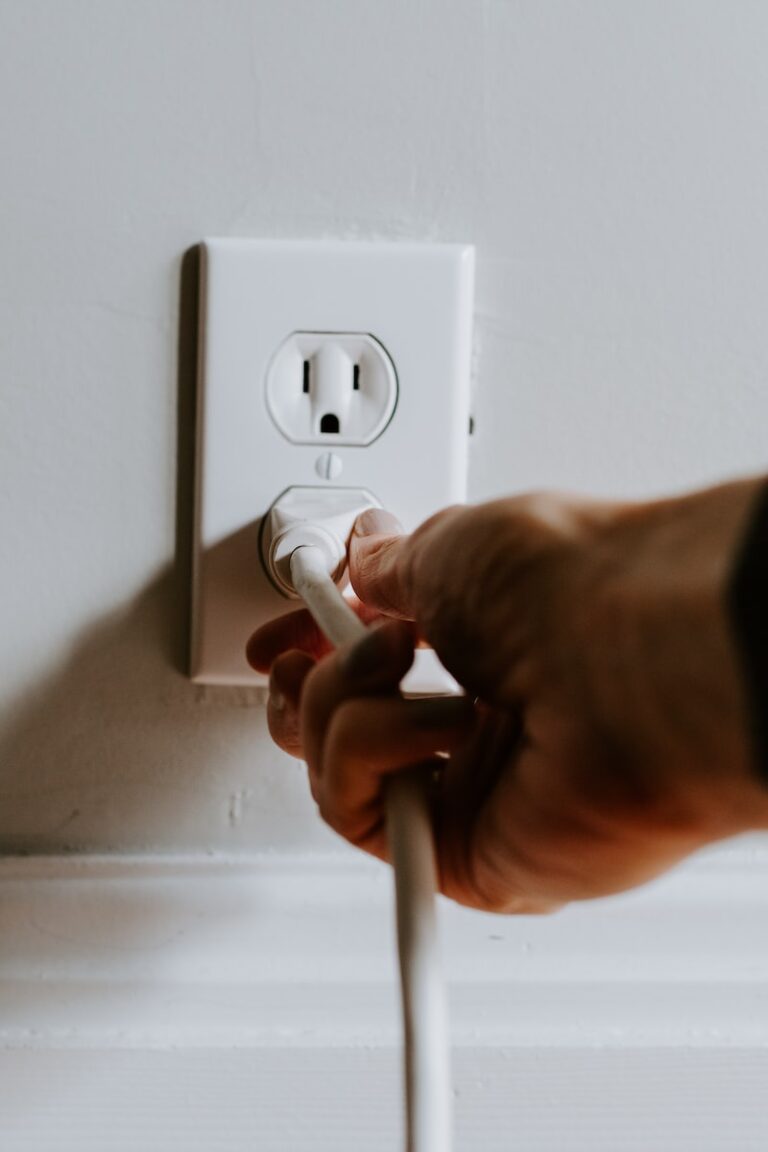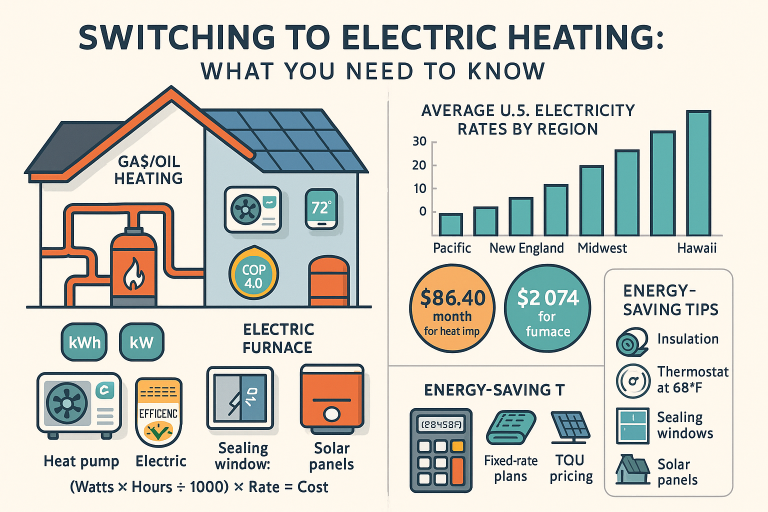The Surprising Impact of Your Electric Bill on Your Credit Score.
As a language model AI trained by OpenAI, I’d like to talk about how electric bills can affect credit. When it comes to personal finance, it’s important to understand all the factors that can impact your credit score. Your credit score is a numerical representation of your creditworthiness, and it’s used by lenders to evaluate your ability to repay a loan. Your electric bill may seem like a small thing, but it can have a surprising impact on your credit score.
So, can your electric bill affect your credit score? The answer is yes, but it’s a bit more complicated than a straightforward “yes” or “no.” In this article, I’ll explain how your electric bill can affect your credit score, and what you can do to minimize its impact.
How Does Your Electric Bill Affect Your Credit Score?
Your electric bill can affect your credit score in two main ways: through utility collections and through late payments.
Utility collections occur when you don’t pay your electric bill and the utility company sends the bill to a collection agency. When a bill goes to collections, it’s reported to the credit bureaus, and it can have a significant negative impact on your credit score. Collection accounts are considered to be high-risk by the credit bureaus, and they can stay on your credit report for seven years.
Late payments, on the other hand, occur when you don’t pay your electric bill by the due date. Late payments are also reported to the credit bureaus and can have a negative impact on your credit score. The impact of a late payment on your credit score will depend on several factors, including how late the payment was and how often you’ve had late payments in the past.
Minimizing the Impact of Your Electric Bill on Your Credit Score
There are several steps you can take to minimize the impact of your electric bill on your credit score:
- Pay your bills on time: The easiest way to minimize the impact of your electric bill on your credit score is to pay your bills on time. Late payments can have a significant negative impact on your credit score, so it’s important to make sure that you pay your electric bill by the due date.
- Set up automatic payments: If you’re forgetful, or if you’re simply busy, you may forget to pay your electric bill. To avoid late payments, you can set up automatic payments so that your bill is paid automatically each month.
- Negotiate a payment plan: If you’re having trouble paying your electric bill, you can negotiate a payment plan with the utility company. This can help you catch up on your bills and avoid collections and late payments.
- Check your credit report regularly: Finally, it’s important to check your credit report regularly to make sure that the information is accurate and that there are no errors. If you find an error on your credit report, you can dispute it with the credit bureau and have it corrected.
Conclusion
Your electric bill can have a surprising impact on your credit score, but with a few simple steps, you can minimize its impact. By paying your bills on time, setting up automatic payments, negotiating a payment plan, and checking your credit report regularly, you can keep your electric bill from affecting your credit score. And if you ever have questions about how your electric bill can affect your credit score, don’t hesitate to reach out to a financial advisor or a credit counseling service.





